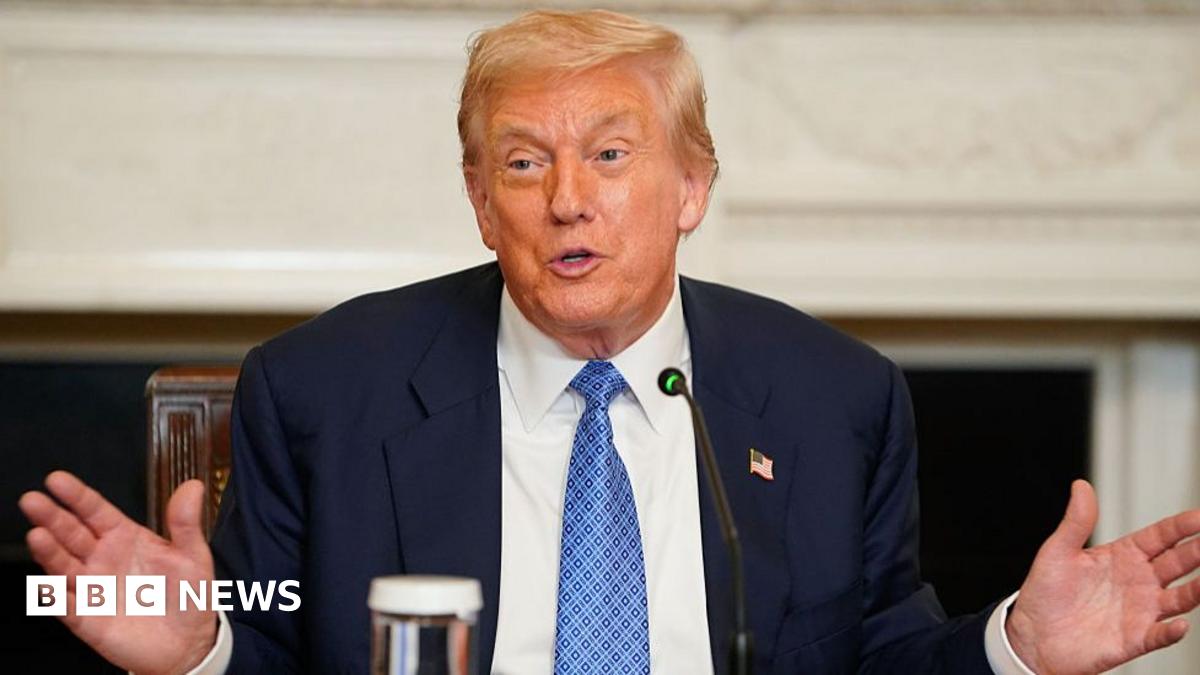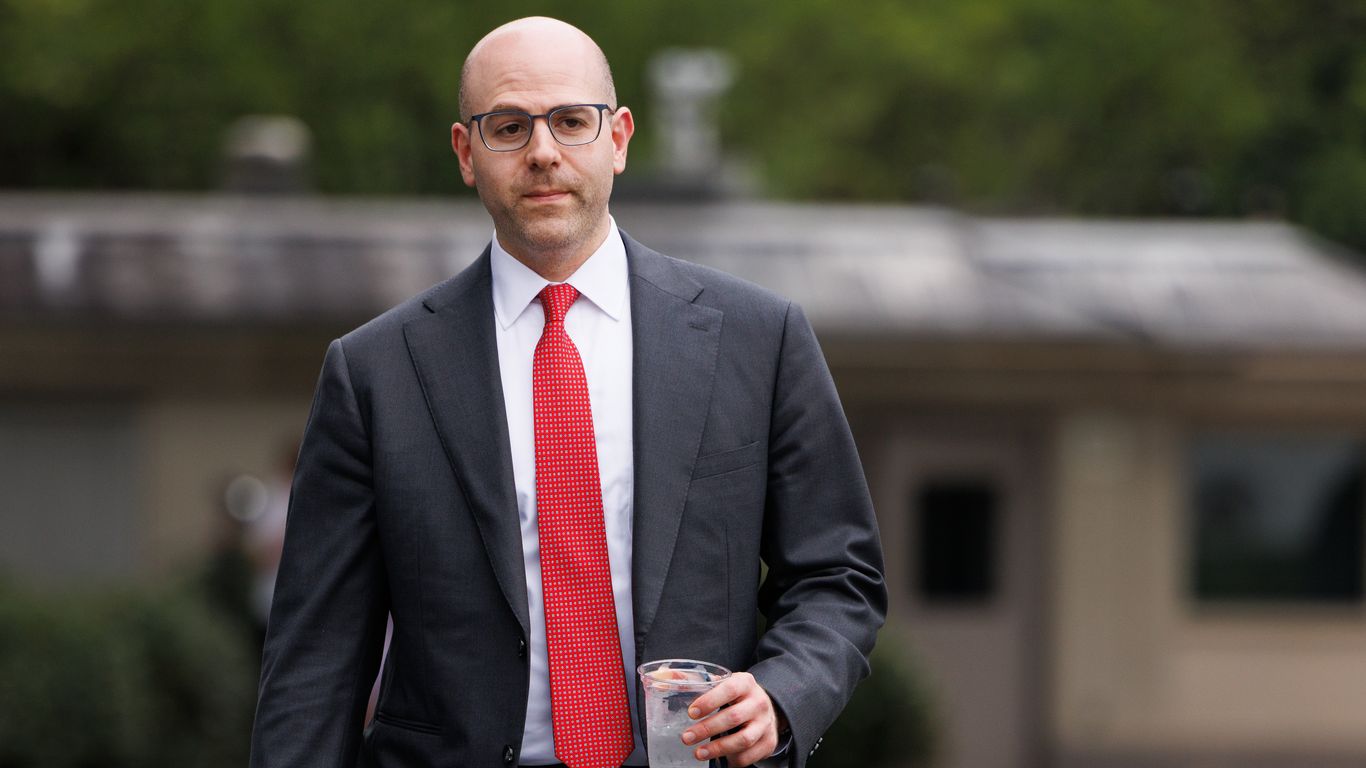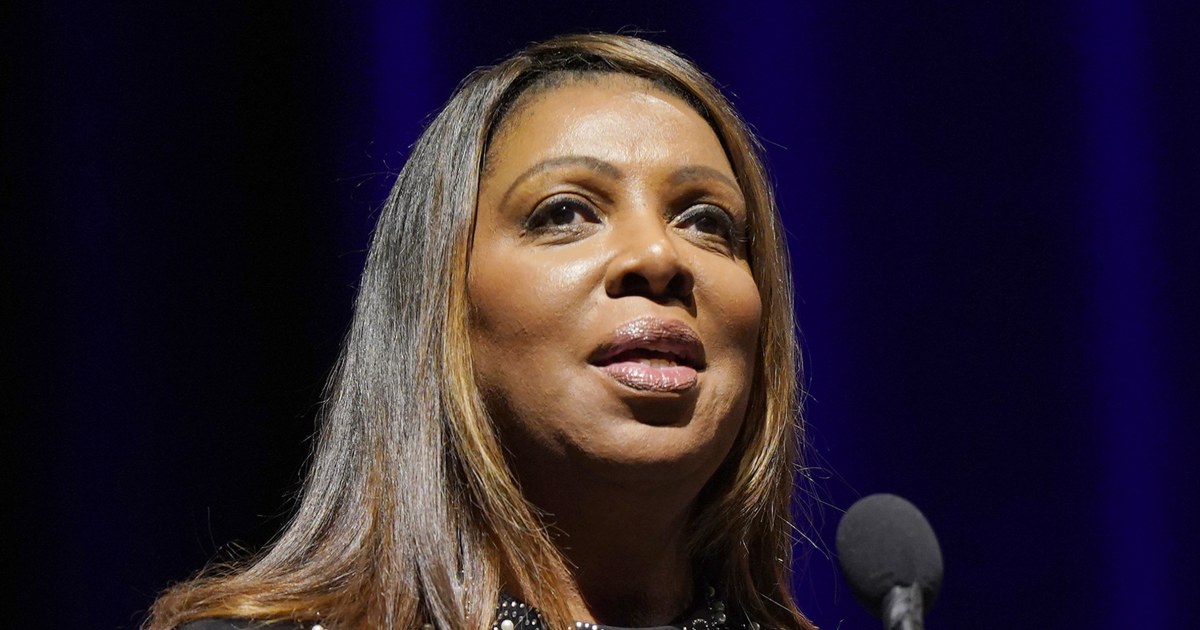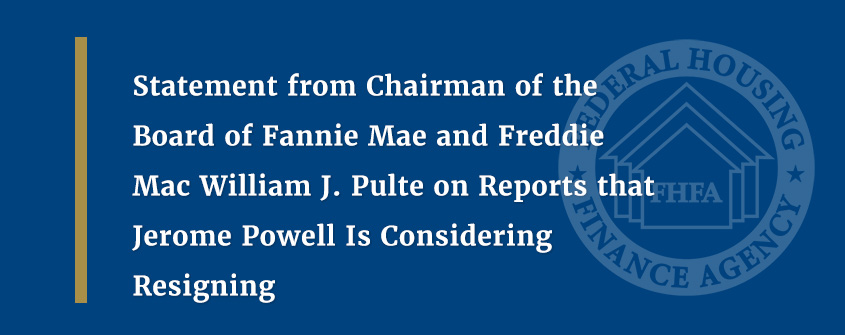Trump Confirms Plan to Take Fannie Mae and Freddie Mac Public by 2025

Introduction
In a statement made on Saturday, President Trump appeared to confirm that he plans to take Fannie Mae and Freddie Mac public by the end of 2025. This news has sparked excitement and speculation in the housing industry, as the two government-sponsored enterprises (GSEs) have been in conservatorship since the 2008 financial crisis.
Key Details
The potential IPO of Fannie and Freddie has been a topic of discussion for years, with many wondering when the GSEs would finally be released from government control. The Trump administration has been pushing for privatization of the GSEs, and this recent statement seems to confirm their plans to move forward with an IPO. This move would likely have significant implications for the housing market, as well as for investors and taxpayers.
Impact
The IPO of Fannie and Freddie could have a major impact on the housing market and the overall economy. Some experts believe that privatization could lead to more competition and innovation in the mortgage market, while others are concerned about potential risks and the impact on affordable housing. Additionally, the release of Fannie and Freddie from conservatorship would have significant implications for investors and taxpayers, as the GSEs have been major players in the mortgage market for decades.
About the People Mentioned
Donald Trump
Donald John Trump, born June 14, 1946, in Queens, New York, is an American businessman, media personality, and politician. He graduated from the University of Pennsylvania’s Wharton School in 1968 with a degree in economics. In 1971, he took over his family’s real estate business, renaming it the Trump Organization, through which he expanded into building and managing skyscrapers, hotels, casinos, and golf courses. Trump gained widespread fame as the host of the reality TV show *The Apprentice* from 2004 to 2015, which helped establish his public persona as a successful entrepreneur. Trump entered politics as a Republican and was elected the 45th president of the United States, serving from 2017 to 2021. His presidency was marked by significant policy actions including tax cuts, deregulation, the appointment of three Supreme Court justices, renegotiation of trade agreements (notably replacing NAFTA with the USMCA), and a focus on immigration control including border wall expansion. He withdrew the U.S. from international agreements such as the Paris Climate Accord and the Iran nuclear deal, and engaged in a trade war with China. His administration’s response to the COVID-19 pandemic was criticized for downplaying the virus’s severity. Trump was impeached twice by the House of Representatives—first in 2019 for abuse of power and obstruction, and again in 2021 for incitement of insurrection—but was acquitted by the Senate both times. After losing the 2020 election to Joe Biden, Trump challenged the results, culminating in the January 6, 2021, Capitol riot. He remains a central figure in American politics, having won the 2024 presidential election and returned as the 47th president in 2025, continuing to promote policies aimed at economic growth, border security, and military strength[1][2][3][4].
About the Organizations Mentioned
Fannie Mae
## Overview Fannie Mae, formally known as the Federal National Mortgage Association (FNMA), is a cornerstone of the U.S. housing finance system, operating as a government-sponsored enterprise (GSE) since its founding in 1938 during the Great Depression[2][5]. Established under the New Deal to expand the secondary mortgage market, Fannie Mae’s mission is to ensure a reliable and affordable supply of mortgage funds nationwide, supporting both homeownership and rental housing[2][5][8]. ## Core Functions Fannie Mae purchases residential mortgages from approved lenders, bundles them into mortgage-backed securities (MBS), and sells these securities to global investors[1][4]. By doing so, it injects liquidity into the mortgage market, allowing lenders to offer more loans at stable rates[1][4][5]. The organization also guarantees the timely payment of principal and interest on these securities, attracting a diverse investor base and helping to lower borrowing costs for American families[1][4]. In the first half of 2025 alone, Fannie Mae provided $178 billion in funding to the housing market and helped 668,000 households buy, refinance, or rent homes[4]. ## History and Evolution Originally a federal agency, Fannie Mae became a publicly traded, shareholder-owned company in 1968, though it retains a congressional charter and operates under federal oversight[2][5]. Its “sibling” organization, Freddie Mac, was created in 1970 to further support the mortgage market[5]. Over the decades, Fannie Mae has played a pivotal role in standardizing mortgage underwriting, pioneering automated underwriting systems (such as Desktop Underwriter), and expanding access to credit for underserved communities[4]. ## Current Status and Key Metrics As of mid-2025, Fannie Mae remains one of the largest financial institutions in the world, with over $4.3 trillion in total assets and a net worth of $101.6 billion[
Freddie Mac
Freddie Mac, officially the Federal Home Loan Mortgage Corporation, is a government-sponsored enterprise (GSE) established in 1970 to enhance liquidity, stability, affordability, and equity in the U.S. housing market. It operates by purchasing mortgages from lenders, pooling them, and issuing mortgage-backed securities (MBS) to investors, thus facilitating the flow of capital into housing finance and making homeownership and rental housing more accessible to millions of Americans[1][2]. Since its inception, Freddie Mac has helped tens of millions of families buy, rent, or keep their homes, especially supporting middle- and low-income households. In recent years, it has maintained a significant presence in the single-family and multifamily housing markets. For instance, in the second quarter of 2025, Freddie Mac’s mortgage portfolio stood at $3.6 trillion, providing more than $100 billion in liquidity to the housing finance system and assisting over 360,000 families, including more than 100,000 first-time homebuyers[1][3]. Financially, Freddie Mac reported net income of $2.4 billion for Q2 2025 and $2.8 billion for Q1 2025, reflecting strong net interest income driven by mortgage portfolio growth and efficient funding costs, despite some challenges from credit loss provisions and lower non-interest income in multifamily sectors[1][4][6]. Its net worth increased to $65 billion by mid-2025, illustrating robust capital strength and operational resilience[3][6]. Freddie Mac plays a key role in financing affordable rental housing, with federal regulators setting multifamily loan purchase caps to balance market support and private capital participation. For 2025, the cap was set at $73 billion, with a mission-driven minimum of 50%, emphasizing support for affordable and workforce housing[7]. Notably, Freddie Mac remains under federal conservatorship since the 2008 financial crisis but has consistently returned to profitability and capital growth. There i



















